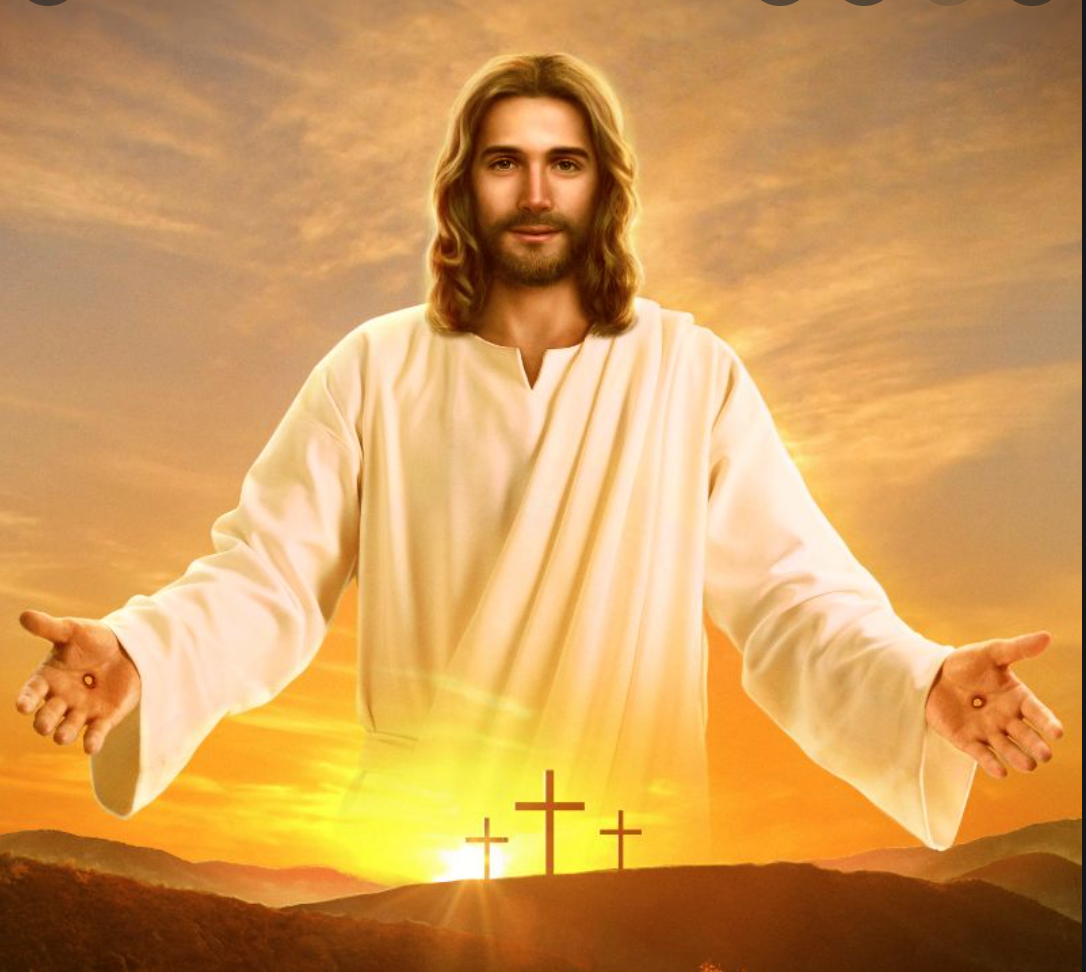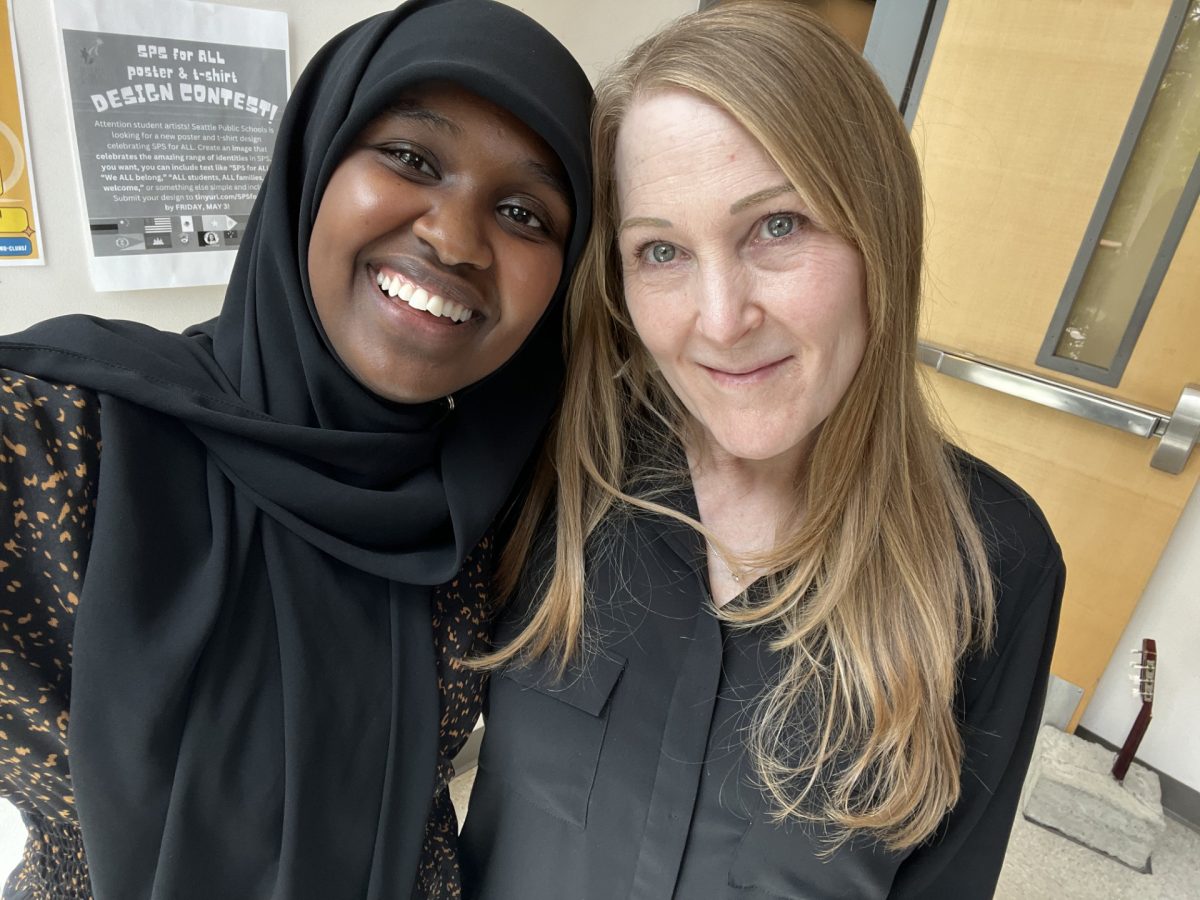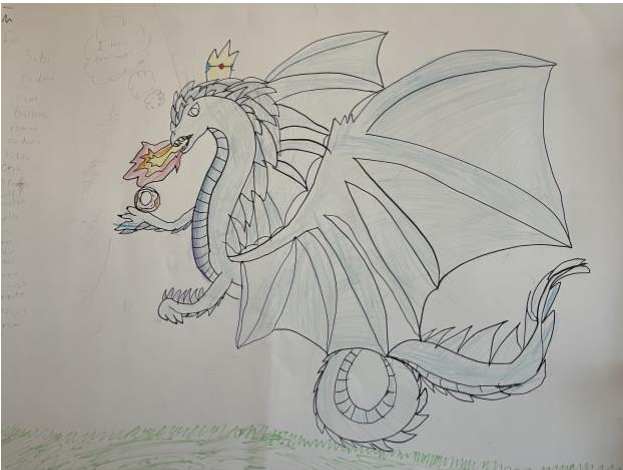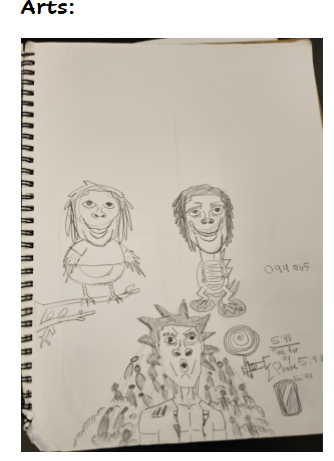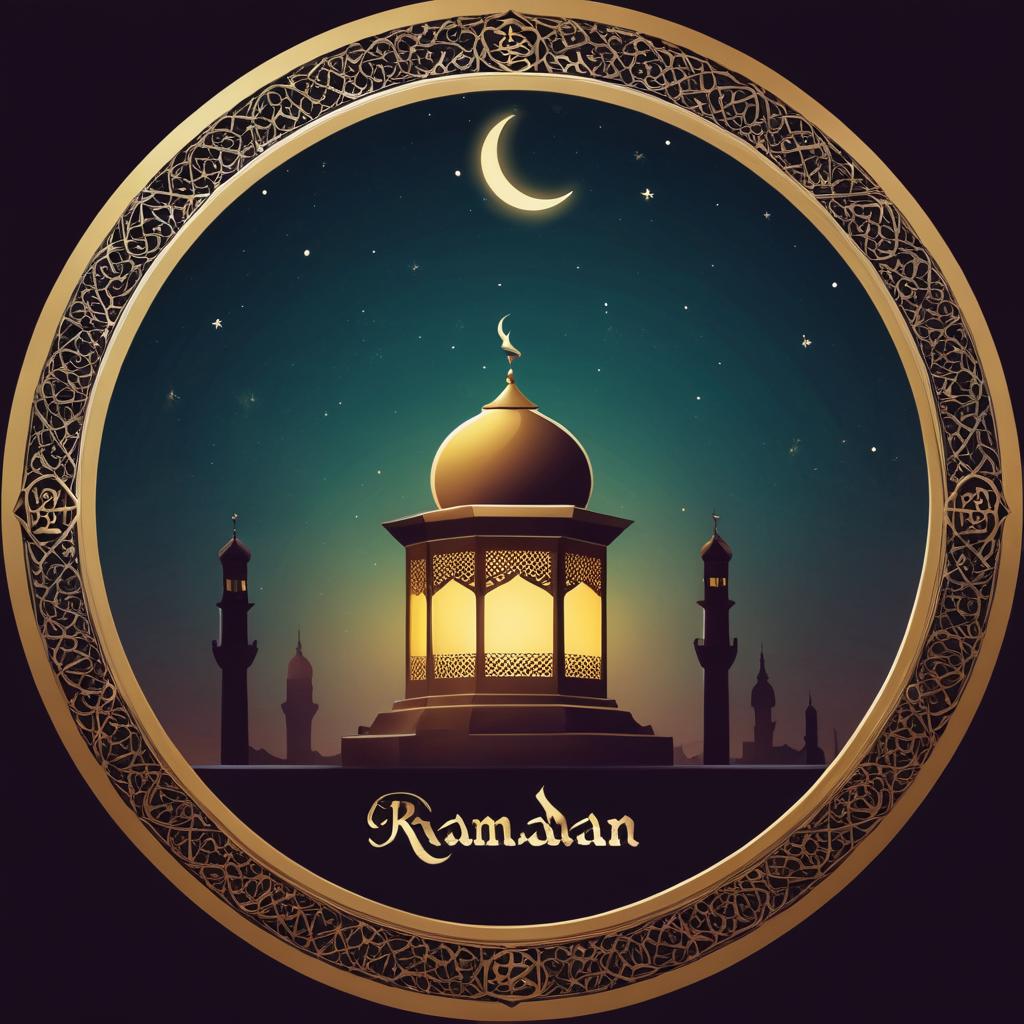Traditionally beginning with the sighting of the waxing crescent moon, Ramadan, the ninth month of the Islamic calendar, is one of the holiest months for Muslims. Ramadan’s religious significance dates back to 610 CE. Muslims believe that the angel Gabriel revealed the Islamic holy book, the Qurʾān, to the Prophet Muhammad at that time. The night on which this occurred is now recognized as one of the final ten nights of Ramadan—known as Laylat al-Qadr, the “Night of Power.” Laylat al-Qadr is generally celebrated on the 27th night of Ramadan. Each month of the Muslim calendar begins at the approximate time of the appearance of the waxing crescent moon and ends 29 or 30 days later when the following crescent moon is sighted. Because of this, Ramadan begins 10 to 12 days earlier each Gregorian calendar year and takes place during different seasons. Ramadan is a time to strengthen one’s connection with God through prayer, fasting, and introspection. One of the five pillars of Islam, ṣawm, calls for Muslims to fast from sunrise until sunset during the month of Ramadan. Some, such as children, are exempted from fasting. Others, such as the elderly or those who break their fasts because of illness, are expected to help feed the poor or make up for missed days later. Ṣawm is meant to help develop self-restraint and generosity. Muslims are expected to abstain from lying, gossiping, and other immoral behavior and thoughts during Ramadan. The end of Ramadan welcomes Eid al-Fitr, the “Feast of Fast-Breaking,” which is celebrated over the first three days of Shawwāl, the tenth month of the Muslim calendar. During this festival, people eat together, pray, visit the graves of deceased relatives, and exchange gifts.





